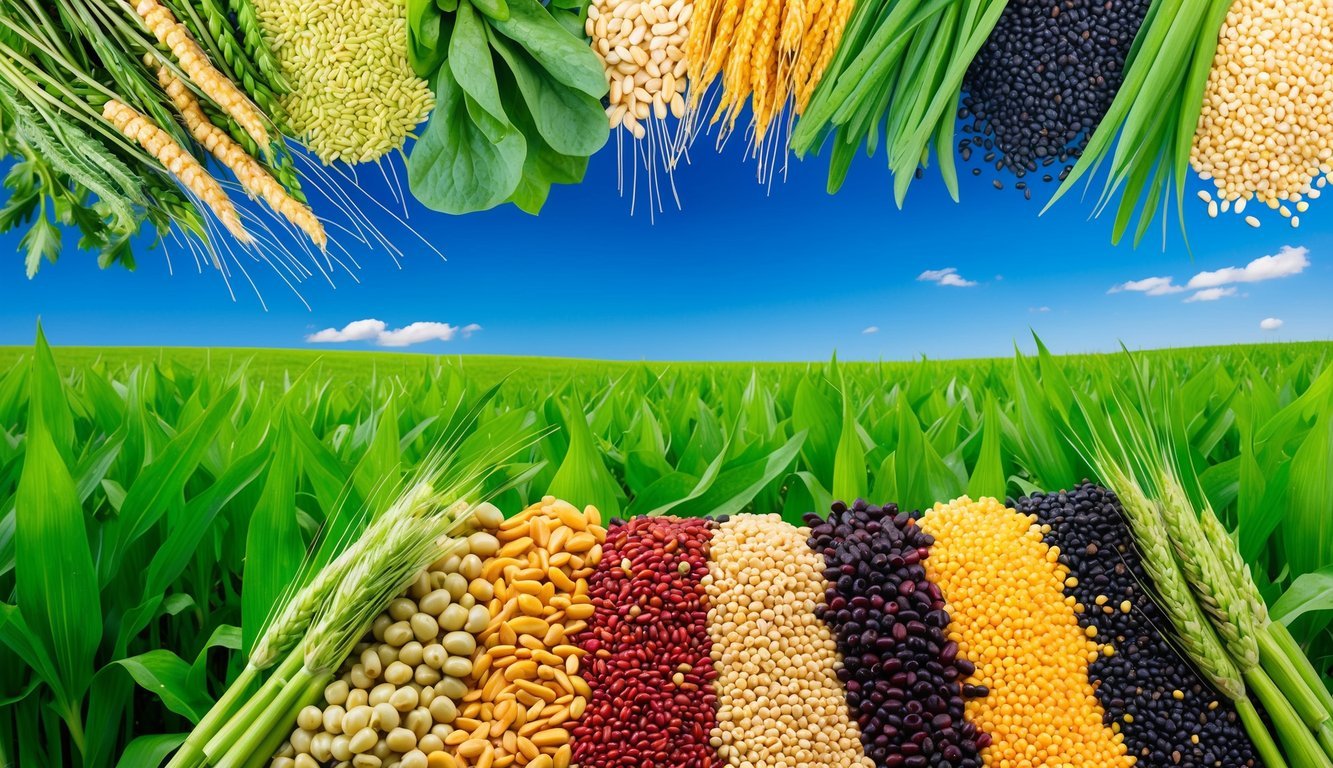
Atlantic Natural Foods (ANF), renowned for its shelf-stable, plant-based brands such as Loma Linda®, neat™, and TUNO™, has chosen to terminate its agreement for acquisition by Above Food, a company focused on vertically integrated plant-based food solutions.
Change in Acquisition Plans
Initially, ANF intended to go public in collaboration with Above Food.
However, recent industry disruptions—stemming from the global impacts of COVID-19, logistical challenges in supply chains, and rising food costs—prompted ANF to return to private ownership.
The decision to back out of the acquisition was reached through mutual consent between ANF and Above Food.
With this shift, ANF’s management is poised to regain direct fiduciary control, allowing them to tackle current market hurdles more effectively.
Nevertheless, the two companies plan to continue their partnership, with ANF retaining its equity stake in Above Food, while Above Food will maintain its interest in ANF.
Previous Growth and Future Partnership
Back in 2021, the acquisition was first revealed following a period of impressive growth for ANF during the pandemic.
This partnership was intended to position Above Food in both the plant-based seafood and shelf-stable food sectors.
Last year, developments were promising, particularly when Above Food made a successful debut on the Nasdaq Stock Market in July 2024 and expanded through strategic acquisitions.
Despite these advancements, ANF has decided to step back from Above Food’s growth strategy.
Commitment to Core Values
Doug Hines, Chairman of ANF, expressed that navigating the constantly changing food industry landscape presents numerous challenges.
He underscored the company’s commitment to re-establish and reinforce its core values and mission, emphasizing the importance of providing healthy food options on a global scale.
ANF aims to adhere to traditional production and supply methods, a strategy designed to cater to consumer needs and support the organization’s goal of promoting health and wellness through food well into 2025 and beyond.
Source: Vegconomist

